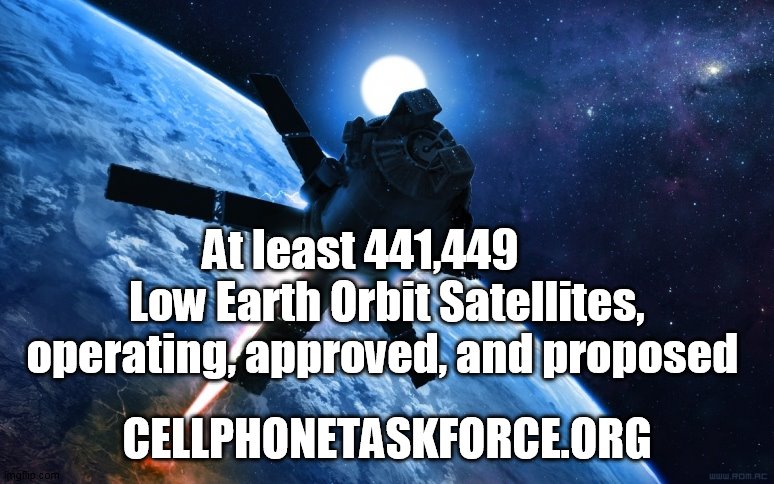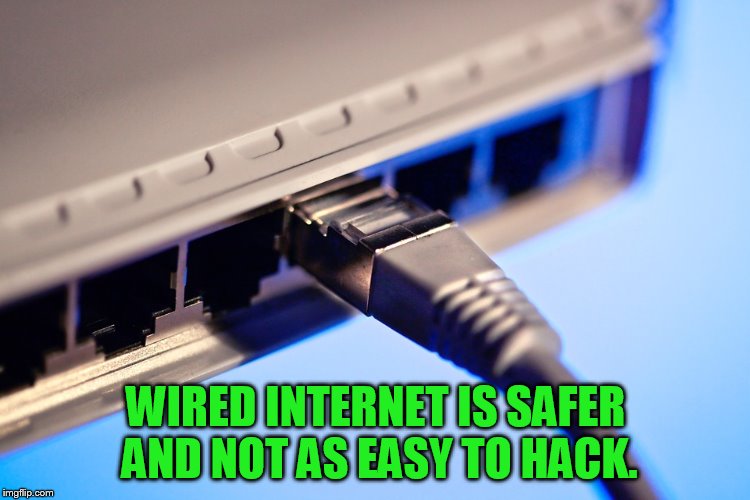High-speed broadband can be achieved more safely and securely with hardwired internet connections rather than via broadband satellites or other wireless infrastructure. Nevertheless, despite opposition and warnings even from satellite companies themselves (see 1, 2, 3, 4, 5, 6, 7, 8, 9, 10, 11, 12), the Federal Communications Commission (FCC) continues to approve the launching tens of thousands of satellites for broadband. At least the agency isn’t necessarily funding all of them anymore – including SpaceX’s Starlink. Of course earlier this year 40 of the company’s satellites fell from orbit and burned. Additionally, last month a U.S. scientist warned that incoming solar storms could destroy more satellites. More recently a new study revealed that Starlink’s service is slowing down.
From RCR Wireless:
More Starlink users mean slower speeds: Ookla
By Kelly Hill
“Some speeds have shown signs of slowing down from their initial launches,” Ookla says of Starlink service
Starlink’s commercial success is causing network slowdowns, benchmarking company Ookla concludes in new analysis, as new customers result in a heavier network load and slower speeds for the Low-Earth Orbit-based internet service, compared to its performance a year ago.
“Starlink speeds decreased in every country we surveyed over the past year as more users sign up for service,” Ookla said. It looked at Starlink performance in Europe, Oceania, North America and South America, including eight additional countries and “expanded data” compared to its previous looks at satellite internet providers’ services.
The drop in median download speed was between 9% to 54% when comparing performance from the second quarter of 2021 to the second quarter of 2022. That was reflected in Starlink service in Canada, France, Germany, New Zealand, the U.K. and the U.S., Ookla reported. Uplink speeds were also slower, while latency was mostly flat. (Read Ookla’s analysis here.)
However, it noted, “Starlink still reached a median download speed of at least 60 Mbps in North America during Q2 2022, which is more than enough for at least one connected device to do most everything on the internet including streaming video, downloading games, and chatting on video with friends and family. … For most users, we still suspect these dips are still worthwhile for areas that have no service, slow service, or few affordable options for fast internet.”
It’s also worth noting that the roughly 62 Mbps-mark that Starlink is providing as a median download speed in the U.S. is nearly three times faster than its closest tested U.S. competitor (Viasat at around 23.68 Mbps). Starlink’s median speeds were better (sometimes much better) outside the continental U.S.; it had median download speeds of 112 Mbps in Puerto Rico, 80 Mbps in Mexico and nearly 76 Mbps in Canada. Ookla also noted that Starlink outperformed the fixed broadband average for download speeds in 16 European countries.
The most recent testing could come into play as Starlink appeals the Federal Communications Commission’s decision to deny the company nearly $900 million in funding via the Rural Digital Opportunity Fund to connect unconnected households across the U.S. The FCC had said that during the post-auction review process, it concluded that Starlink’s application “failed to demonstrate that [Starlink] could deliver the promised service.” Starlink would have been obligated to provide speeds of 100/20 Mbps, but not for several years.
Previous testing by Ookla had found that Starlink achieved a median download speed of 100 Mbps in the U.S. in the fourth quarter of 2021. But by the first quarter of 2022, that was down to around 91 Mbps, while upload speeds saw a year-over-year decline of 33% compared to the first quarter of 2021. Starlink performance also “[varies] widely at the county level,” Ookla has found: “Widely”, meaning a 130-Mbps difference between the fastest and slowest median speeds was found during testing in late 2021.
Activist Post is Google-Free
Support for just $1 per month at Patreon or SubscribeStar
 According to a group of telecom experts who sued the Federal Communications Commission (FCC), Americans have already paid for safer and more secure high speed broadband via copper landlines or fiber optics to the premises (FTTP). Hence all FCC grants to telecom companies for the deployment of high-speed broadband on land and in space are actually undeserved (see 1, 2, 3, 4, 5, 6, 7, 8, 9, 10, 11, 12).
According to a group of telecom experts who sued the Federal Communications Commission (FCC), Americans have already paid for safer and more secure high speed broadband via copper landlines or fiber optics to the premises (FTTP). Hence all FCC grants to telecom companies for the deployment of high-speed broadband on land and in space are actually undeserved (see 1, 2, 3, 4, 5, 6, 7, 8, 9, 10, 11, 12).
The FCC is supposed to protect Americans by regulating the telecom industry. Instead it has catered to the industry for decades (see 1, 2). This has led to numerous other lawsuits filed against the agency. In fact, last year, a federal court ruled in favor of organizations and petitioners that sued the FCC for NOT adequately protecting Americans from radiation exposure from 5G and other sources of wireless including, of course, broadband satellites.
On a positive note, the FCC is considering a plan that requires satellite companies to remove their non-operating vehicles out of space within 5 years rather than 25 to prevent avoidable problems with space junk (fatalities, etc.).
Activist Post reports regularly about satellites and unsafe technology. For more information visit our archives and the following websites:
- Americans for Responsible Technology
- Wireless Information Network
- Environmental Health Trust
- Physicians for Safe Technology
- Safe Tech International
Become a Patron!
Or support us at SubscribeStar
Donate cryptocurrency HERE
Subscribe to Activist Post for truth, peace, and freedom news. Follow us on SoMee, Telegram, HIVE, Flote, Minds, MeWe, Twitter, Gab, What Really Happened and GETTR.
Provide, Protect and Profit from what’s coming! Get a free issue of Counter Markets today.


Be the first to comment on "New Report Reveals Starlink Satellites’ Broadband Speed Is Slowing Down Everywhere"